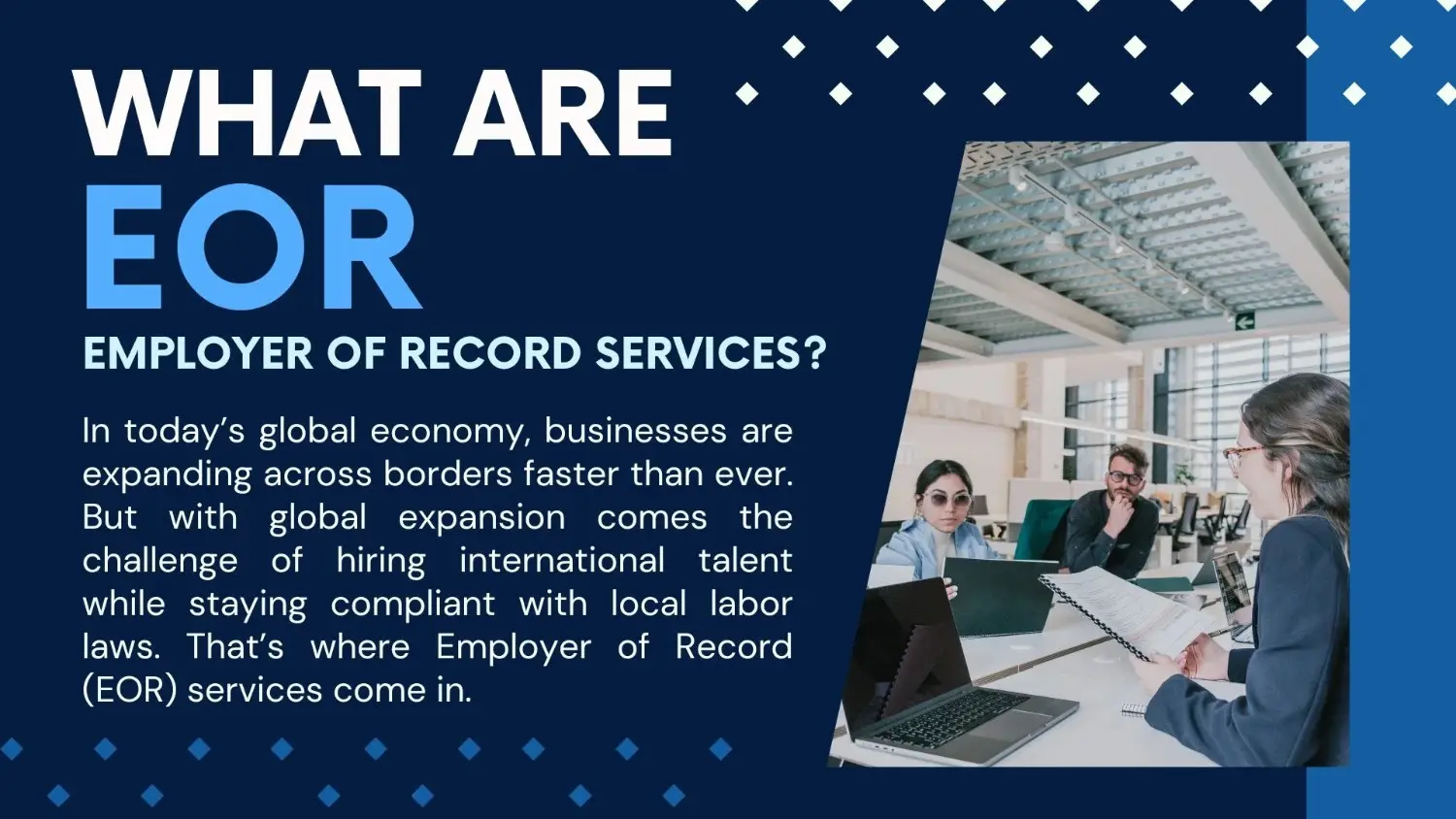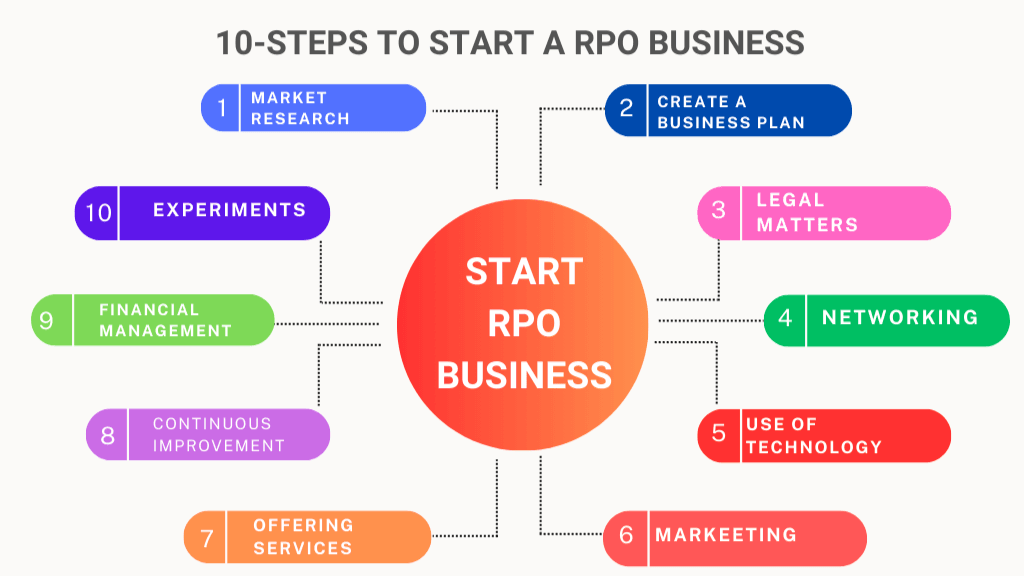Table of Contents
ToggleRomania vs. India Offshore Software Development?
Offshore software development involves outsourcing software development tasks to teams or individual developers in countries outside your own, offering businesses cost savings, access to specialized talent, and the ability to scale quickly. When comparing Romania vs India for offshore development, each country has its unique advantages. Romania is known for its highly skilled developers with expertise in advanced technologies like AI and blockchain, making it a preferred destination for businesses needing high-quality, specialized work with close alignment to European or North American time zones. On the other hand, India offers a vast and cost-effective talent pool, making it ideal for large-scale projects that require affordable labor and a wide range of software services. While Romania excels in quality and real-time communication, India stands out for its scalability and lower costs, which makes it a top choice for businesses seeking long-term, budget-friendly offshore solutions.

Romania Vs India Offshore Software Development | Which is best choice? 🤔
In the world of offshore software development, Romania and India have both established themselves as leading destinations for tech outsourcing. However, each of these countries offers unique advantages depending on the type of project, business needs, and client preferences. In this article, we’ll break down the key differences between Romania and India as offshore development hubs, comparing them on aspects such as cost, quality, talent, cultural alignment, and more.
🌍 1. Talent Pool: Quality Over Quantity?
Romania:
Romania has developed a strong reputation for its skilled software developers. With a focus on STEM education, Romania produces a high volume of well-trained engineers annually. Many of them specialize in cutting-edge technologies such as AI, machine learning, and blockchain, making Romania an attractive destination for businesses looking for innovative, high-quality development.
Key Stats: Romania has a high literacy rate and over 20,000 graduates in IT and engineering fields annually.
Tech Talent: Romanian developers are often well-versed in various programming languages and have a robust understanding of cloud solutions, AI, and security.
India:
India boasts one of the largest tech talent pools in the world. With a vast number of developers available, companies can easily find developers to suit nearly any technology stack. The sheer scale of talent is a significant advantage for businesses looking to scale up quickly.
Key Stats: India produces around 1.5 million engineering graduates every year, with a focus on software engineering.
Tech Talent: Indian developers are well-versed in Java, Python, PHP, and other widely used technologies, and the country has a strong foundation in enterprise software development.
💰 2. Cost: Where Does Your Budget Fit?
Romania:
While Romania offers a lower cost of living compared to Western Europe, it is more expensive than India. That said, Romania provides a great value for money due to its high quality of work and European proximity. The hourly rates in Romania are $25–$50 per hour, depending on the complexity of the project.
Competitive Advantage: Romania is ideal for businesses looking for high-quality work with a reasonable budget, especially in areas requiring advanced technologies or EU-compliant projects.
India:
India is well-known for offering the lowest hourly rates in the offshore software development industry. Rates can range anywhere from $10–$30 per hour, which makes India an attractive choice for businesses looking to maximize cost efficiency, especially for basic or medium-complexity projects.
Competitive Advantage: India’s cost-effectiveness makes it the go-to choice for startups, small businesses, or large-scale projects with limited budgets.
🕰️ 3. Time Zone & Communication: Real-Time Collaboration?
Romania:
Romania operates in the Central European Time (CET) zone, which aligns closely with Western Europe and North America. This geographical advantage allows for easier, real-time collaboration, especially for businesses in Europe or North America.
Communication Advantage: Romanian developers are known for their strong English proficiency (many speak multiple languages) and a collaborative mindset, making communication smooth.
Overlap: With only a few hours’ time difference with major Western countries, real-time communication is possible during typical working hours.
India:
India’s time zone (Indian Standard Time, or IST) is approximately 5-6 hours ahead of Europe and 9-10 hours ahead of North America. This time difference means companies in the U.S. and Europe can rely on follow-the-sun development—working on projects round the clock.
Communication Advantage: While English is widely spoken, accent and dialect differences may lead to occasional communication challenges. However, these are typically addressed with proper team management practices.
Overlap: The significant time zone difference can be challenging for real-time collaboration, though businesses often rely on asynchronous work or early/late communication windows to bridge the gap.
🏢 4. Cultural Fit & Work Ethics: Aligning Expectations
Romania:
Romania, being an EU member, aligns closely with Western business practices. Developers in Romania have a strong sense of professionalism, punctuality, and transparency, with a focus on long-term relationships. This cultural alignment helps businesses feel more at ease when working with Romanian teams, especially those in Europe or North America.
Work Ethic: Romanian developers have a strong customer-first attitude, focusing on understanding project requirements deeply and delivering with precision.
Cultural Similarity: Romania’s work culture and values are very similar to those in the U.S. and Western Europe, which enhances collaboration.
India:
India has a diverse work culture, shaped by a blend of Western influences and traditional practices. Many Indian outsourcing firms follow a hierarchical structure, which may influence communication dynamics. However, Indian software developers are known for their strong problem-solving skills and a can-do attitude that helps them overcome technical challenges.
Work Ethic: India has a flexible, adaptable work culture, allowing businesses to scale resources quickly. However, differences in communication styles and working hours can sometimes create challenges.
Cultural Similarity: Indian teams are generally open to adapting to international business norms, although there might be more room for discrepancy compared to Romanian teams.
🛠️ 5. Industry Focus & Specialization
Romania:
Romania is an ideal destination for businesses in need of highly specialized development, particularly in areas such as enterprise software, blockchain, and AI solutions. The country’s stable economy and EU regulations make it a secure choice for projects that require strict compliance and advanced technical expertise.
Industries: Romania excels in banking, fintech, cybersecurity, healthcare tech, and enterprise solutions.
India:
India is a top contender for large-scale outsourcing in fields such as IT support, application development, e-commerce, and back-office software solutions. Due to its vast pool of talent, India is especially good at handling enterprise-grade projects with a global reach.
Industries: India is strong in e-commerce development, ERP systems, IT outsourcing, and customer support software.
🎯 Final Thoughts: Which is the Best Choice for Offshore Software Development?
Choosing between Romania and India largely depends on your specific business needs, budget, and project requirements.
Choose Romania if you need specialized, high-quality development, particularly in advanced technologies or compliance-heavy industries like finance and healthcare. Romania also offers better real-time collaboration with European or U.S. businesses, making it ideal for time-sensitive projects.
Choose India if you have a tight budget, need scalable teams for large projects, or are looking for e-commerce and IT outsourcing solutions. India’s talent pool is vast and offers unmatched cost advantages, especially for long-term projects that do not require specialized technical expertise.
Both Romania and India have their unique strengths, so make sure to evaluate your business goals and project demands before making the final decision. 🌍🚀
FAQs
Offshore software development involves outsourcing software-related tasks such as design, development, and maintenance to teams or developers located in different countries. This practice allows businesses to access cost-effective solutions, specialized talent, and a faster time-to-market.
Romania is an ideal choice for businesses seeking high-quality, specialized development services in fields like AI, blockchain, and enterprise software. Its proximity to Western Europe, strong technical education system, and multilingual workforce make it a perfect match for companies needing reliable and advanced solutions.
While both Romania and India are top offshore software development destinations, India is known for its larger talent pool and cost-effectiveness, making it suitable for large-scale, budget-conscious projects. Romania, on the other hand, offers higher quality in niche areas and provides better real-time collaboration for businesses in Europe and North America.
Offshore software development offers several benefits, including cost savings, access to specialized skills, and the ability to scale development teams quickly. It also allows businesses to operate across different time zones, ensuring faster delivery and round-the-clock productivity.











